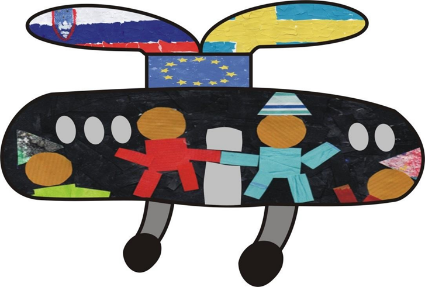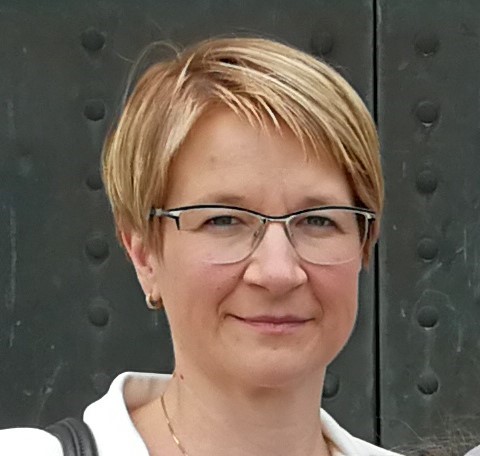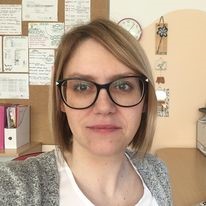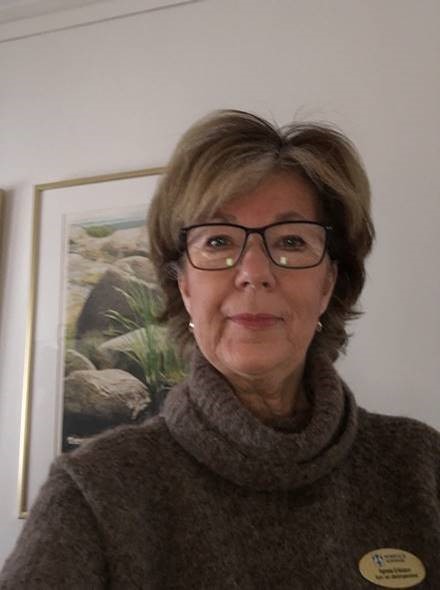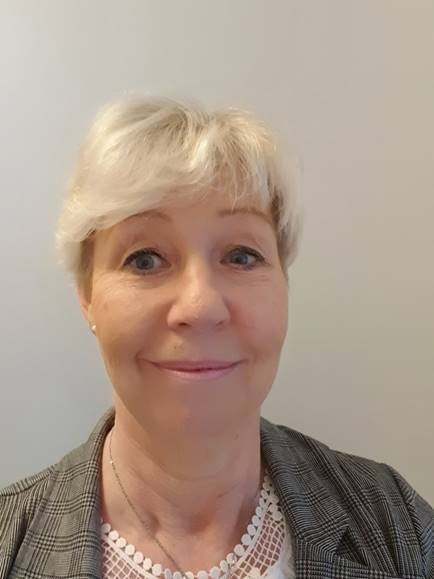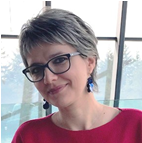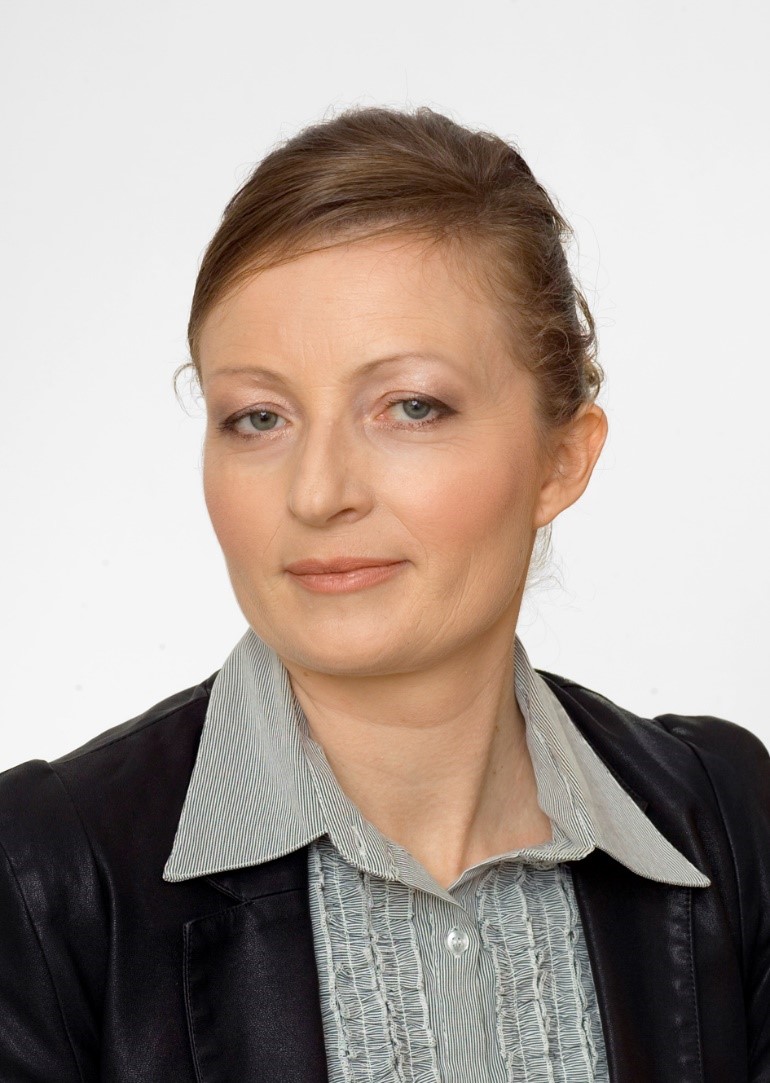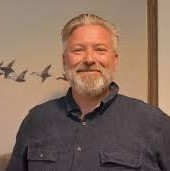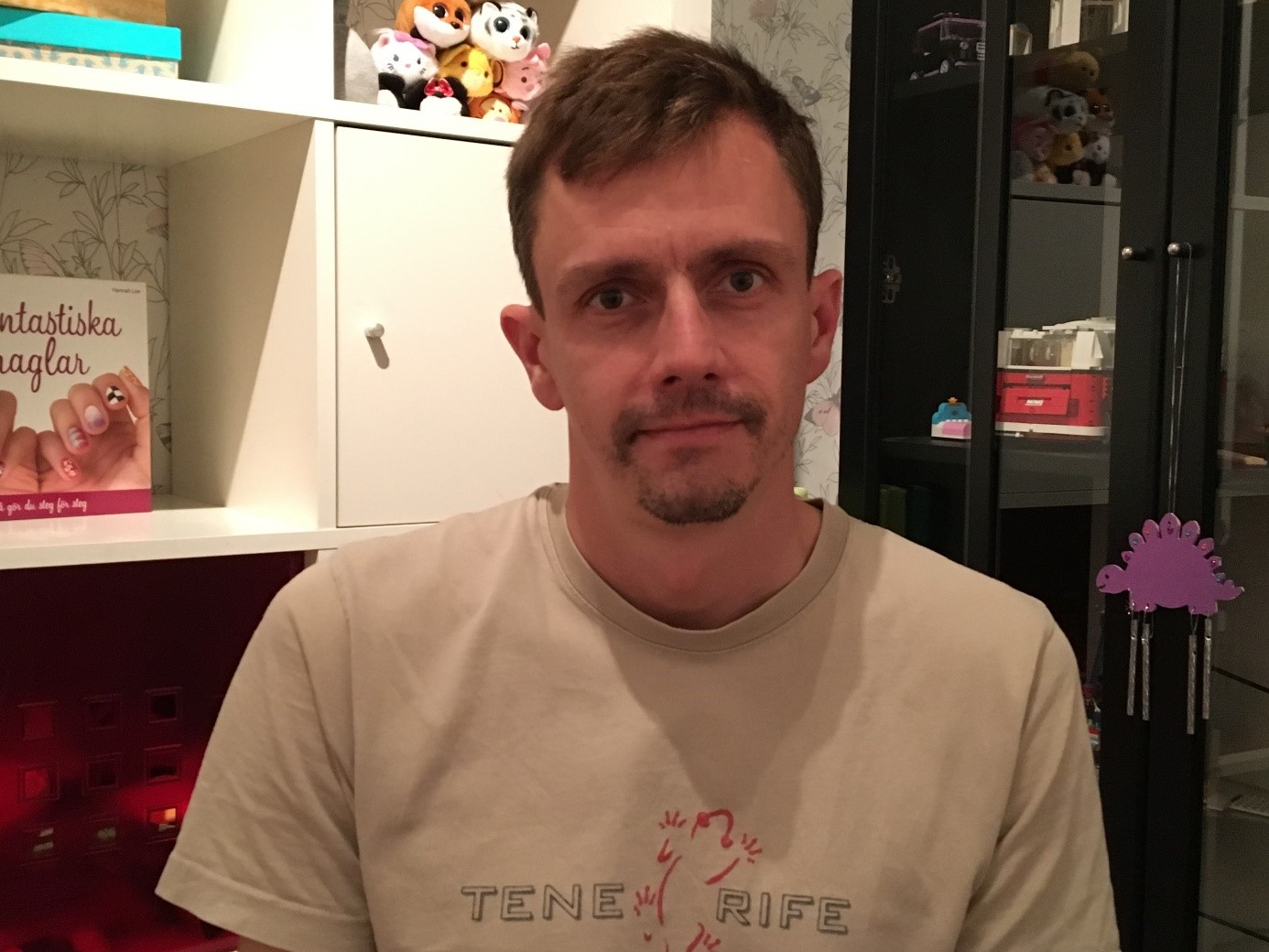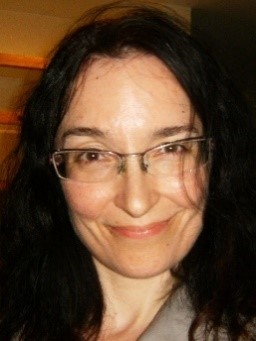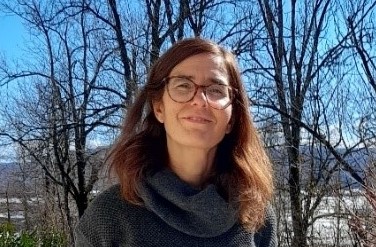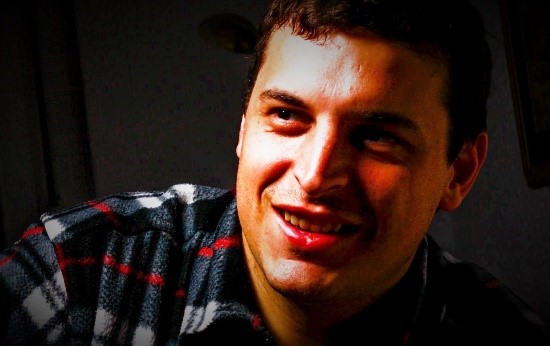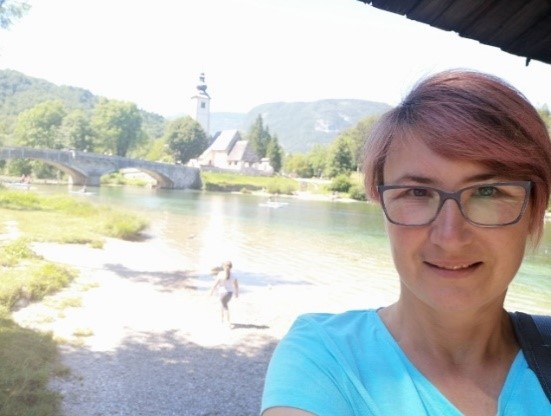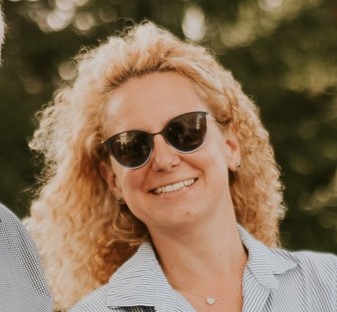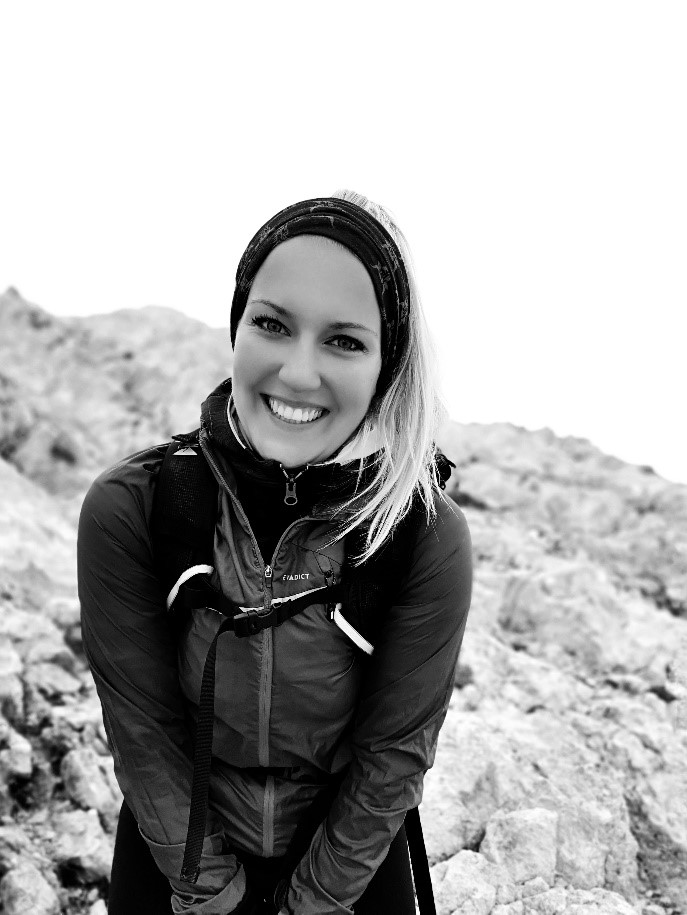Erasmus+ project INCLUSIVE LEARNING WITH HIGH EXPECTATIONS
Online conference, Part 2
Osnovna šola 'Jožeta Krajca' Rakek
Osnovna šola Miroslava Vilharja Postojna
Norrtälje Grundsärskola
Norrtälje Grindskolan
Osnovna šola Miroslava Vilharja Postojna
Norrtälje Grundsärskola
Norrtälje Grindskolan
Day 1, 29 March 2021
9:00 - 10:15 Presentation of partner schools |
10:15 - 10:30 BREAK |
10:30 - 10:50 Special education needs guidance commission
Saša Pivka, Janja Vilar |
10:50 - 11:20 Special needs children in Slovenia, special needs children in Rakek
Tjaša Prudič, Anja Šircelj Istenič |
11:20 - 11:50 Special needs children in Postojna
- Special education program Group of Teachers working in adapted program with lower educational standard and in special education program |
11:50 – 12:10 Questions and discussion |
12:10 – 13:10 BREAK |
13:10 - 13:55 How to recognize children with special needs and choose the correct
program/school
Cecilia Evans, Head of the Resource Classes in Norrtälje municipality |
13:55 – 14:00 BREAK |
14:00 – 14:30 Special needs children in Sweden
Marie Meijer, Pia Westerberg, Pernilla Ekelund, Anna-Lena Österman |
14:30 - 15:00 Questions and discussion |
Day 2, 30 March 2021
9:00 - 9:25 Cognitive camp according to the principles of experiential pedagogy
|
9:25 - 9:50 Bal-a-vis-x
|
9:50 - 10:15 Examples of good practice: Chemistry
|
10:15 - 10:30 BREAK |
10:30 - 10:45 Studion and the students health team
|
10:45 - 11:15 Literacy
|
11:15 - 11:35 When regular school works together with NGS
|
11:35 - 12:00 Example of good practice: English at NGS
|
12:00 - 13:00 BREAK |
13:00 - 13:30 Examples of good practice: English in regular class grade 7
|
13:30 - 14:00 Online teaching and learning
|
14:00 - 14:30 Examples of good practice: Science in Lower educational standard class
grade 9
|
14:30 - 15:00 Dog Assisted Therapy
|
Day 3, 31 March 2021
9:00 - 9:30 Brain gym
|
9:30 - 10:00 ERASMUS+ PROJECTS
|
10:00 - 10:30 Speech-language pathology and training executive functions
|
10:30 - 10:45 BREAK |
10:45 - 11:45 PEDAGOGICAL OUTCOMES
|
11:45 - 12:00 CONCLUSION |
-Grindskolan
-Jože Krajc Primary School Rakek
-What is good in Sweden, in Slovenia?
-What can we represent to our school organization

